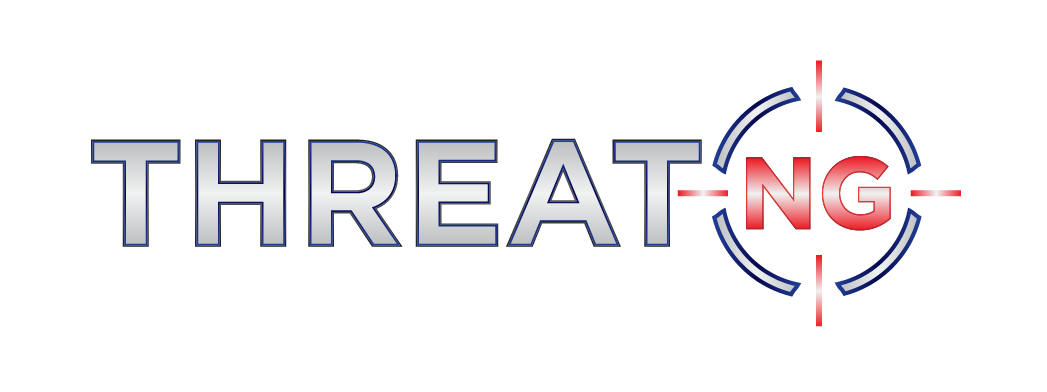
Advanced email protection goes beyond basic spam filtering and antivirus checks. It encompasses a comprehensive suite of security measures to protect organizations from sophisticated email-borne threats such as phishing, spear phishing, business email compromise (BEC), malware, ransomware, and data exfiltration. It involves a multi-layered approach that combines threat intelligence, advanced detection techniques, and proactive security measures to secure email communication.
How ThreatNG Helps with Advanced Email Protection
ThreatNG contributes to advanced email protection in several ways:
BEC & Phishing Susceptibility Assessment: ThreatNG proactively assesses your organization's susceptibility to BEC and phishing attacks by analyzing your email infrastructure, domain security, and social media presence. It identifies potential weaknesses attackers could exploit, such as spoofed domains, weak email authentication protocols, and susceptible employees.
Domain Intelligence: This module is crucial in identifying and mitigating email-based threats. It analyzes DNS records, including DMARC, SPF, and DKIM, to verify the authenticity of emails and detect spoofing attempts. It also identifies lookalike domains that could be used in phishing attacks.
Dark Web Presence: ThreatNG monitors the dark web for leaked credentials, compromised accounts, and discussions about potential attacks targeting your organization. This intelligence can help identify and mitigate email threats from compromised accounts or malicious actors.
Intelligence Repositories: ThreatNG maintains extensive databases of known phishing URLs, malware signatures, and ransomware strains. This information identifies and blocks malicious emails before they reach user inboxes.
Examples of ThreatNG's Modules and Capabilities in Action:
Domain Intelligence: If ThreatNG detects a suspicious email with a spoofed domain, the Domain Intelligence module can quickly analyze the domain's DNS records to verify its legitimacy and identify potential phishing attempts.
Dark Web Presence: If an employee's credentials are found on the dark web, ThreatNG can alert the organization and recommend immediate password resets to prevent account takeover and potential email compromise.
Working with Complementary Solutions:
ThreatNG can integrate with other email security solutions to provide comprehensive protection:
Secure Email Gateways (SEGs): SEGs provide a first line of defense against spam, malware, and other email-borne threats. ThreatNG's intelligence can enhance SEG capabilities by providing real-time threat information and identifying emerging threats.
Email Encryption Solutions: Encrypting sensitive emails adds an extra layer of security, preventing unauthorized access to confidential information even if the email is intercepted.
Anti-Phishing Solutions: These solutions use machine learning and other advanced techniques to identify and block phishing emails. ThreatNG's intelligence can be used to train anti-phishing models and improve their accuracy.
Benefits of Using ThreatNG for Advanced Email Protection:
Proactive Threat Detection: ThreatNG helps identify and mitigate email threats before they reach user inboxes, reducing the risk of successful attacks.
Reduced Risk of Phishing and BEC Attacks: ThreatNG helps organizations proactively defend against phishing and BEC attacks by analyzing email infrastructure, domain security, and social media activity.
Improved Email Security Posture: ThreatNG provides visibility into potential email security weaknesses and helps organizations strengthen their defenses.
Enhanced Brand Protection: By preventing email-based attacks, organizations can protect their brand reputation and maintain customer trust.
Cost Savings: Preventing email-based attacks can help organizations avoid the financial losses associated with data breaches, fraud, and other security incidents.

